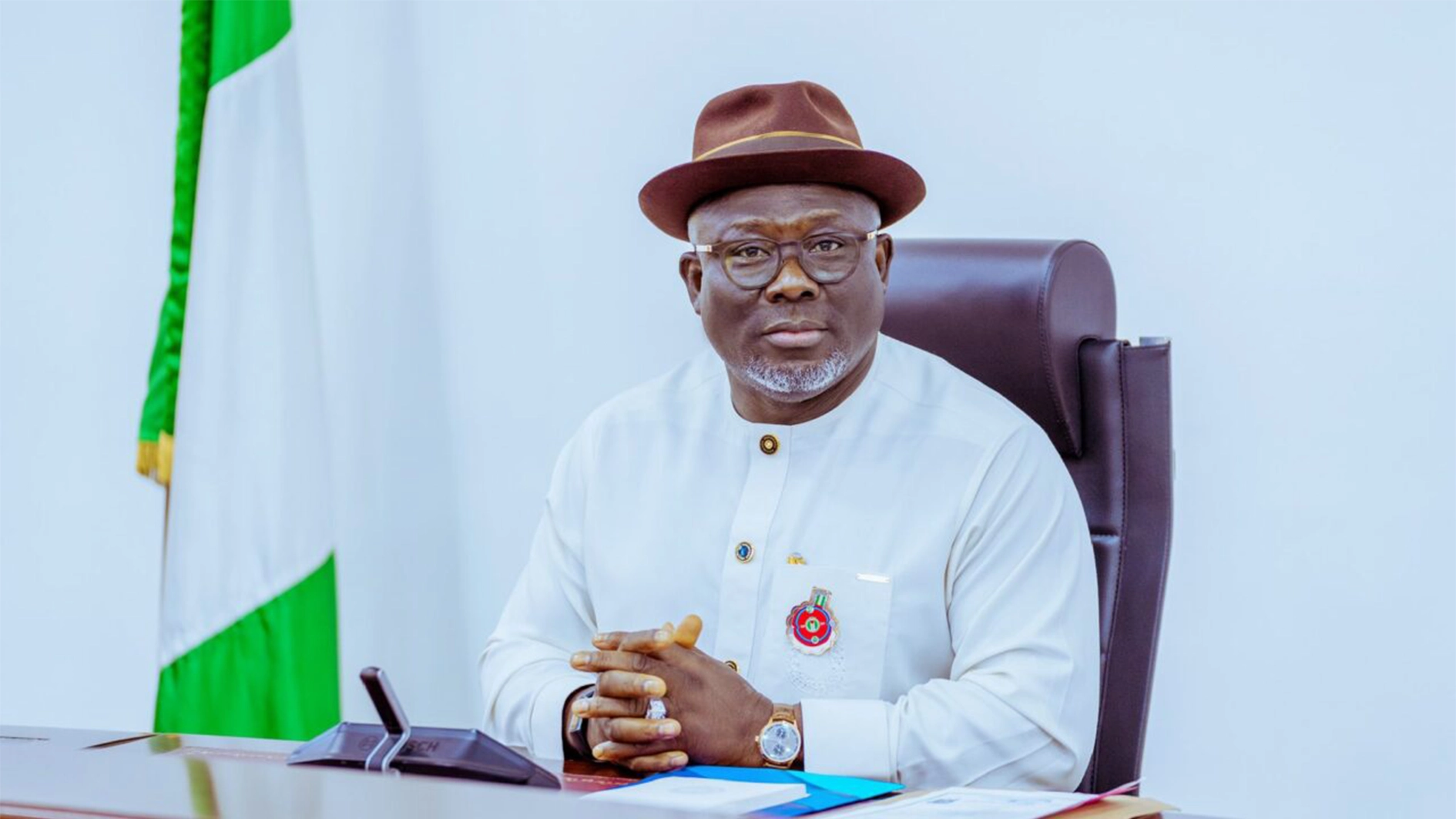Igbo, Yoruba, Hausa, Zulu, Afrikaans, Xhosa and the thousands of the languages that divide Africa’s 54 countries are numerous but Gabriel Emmanuel hopes to close language barriers with his AI platform “OBTranslate”
OBTranslate, according to Emmanuel, uses machine learning, AI platforms and neural network systems to translate over 2,000 African languages. Though OBTranslate is in its beta stage, he hopes the platform will be break communication barriers and create job opportunities after its official launch.
“Farmers will be able to trade their goods and services without language communication barriers.
“OBTranslate machine language, AI algorithms have curated over nine billion accurate tasks, to be translated in over 2,000 African languages which is available in our neural network connections,” Gabriel told NAN
“Our goal is to break language communication barriers in rural and urban areas in Africa and it will enable self-driving cars, smartphones, linear robots and wireless technology to communicate and interact with Africans in their dialects.”
Gabriel is the founder of OpenBinacle, a Europe-Africa based technology company that developed OBTalker in 2017. OBTranslate was built on the frame of OBTalker, a messaging app similar to WhatsApp. OBTalker was able to translate 26 languages but OBTranslate takes it up many notches higher with over 2000 languages.
With translation, many things are put into consideration, speech patterns, voice recognition, accent, text recognition and so on. It is why the use of machine learning and AI and big data analysis was important in the development of OBTranslate.
Gabriel noted that the tasks of deep machine learning include voice recognition and accent, messaging protocol, African-based programming languages, natural language processing, education materials and television subtitles and music lyrics, among others.
He noted that there were over 2,000 languages in 54 countries of Africa, whereby 63 per cent of the total sub-Saharan population live in rural areas and speaking diverse dialects. According to him, there are more than 854 million people living in sub-Saharan Africa in rural areas without access to global markets, while 37 per cent live in urban areas.
Gabriel hopes to bridge the gap between people living in rural and urban areas and create better access to global markets with his translation tool. He also seeks to prevent the death of native languages in Africa by curating the languages on his platform.
“There are over 52 native languages in Africa, which have undergone language death, they have no native speakers and no spoken descendants”.
The developer also said that the invention had the capacity to create jobs for 100 million Africans who had the capacity to teach their machine Pidgin English or their native languages.
“Our machine language, AI algorithms with neural network connections have curated billions of task waiting for Africans who can teach our machine their local dialect.
“The first phase of the project comes with nine billion tasks, and the second phase comes with 12 billion tasks.
“It is projected to hire about 100 million Africans, with a projection of 3.6 billion USD passive income for Africans with the capacity,” said Gabriel.
A check on the OBTranslate website, shows a platform after logging in to teach the machine a local dialect while earning cash rewards.
Gabriel, who hails from Edo state, studied ICT and Robotics in India and began computing at the age of 18 when he built his first software to analyse petroleum crude oil seismic data.






